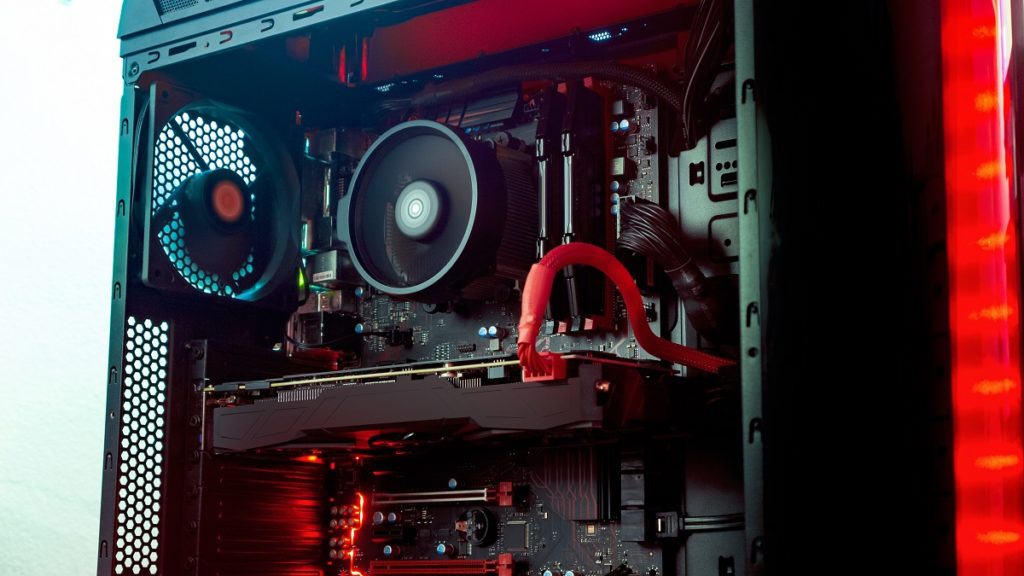Many professionals and high-level gamers find custom-built personal computers (PC) to be indispensable. Such machines can give just the right amount of power and flexibility for a particular set of tasks.
However, there are a couple of advantages and disadvantages you can go over before investing in custom-built PCs.
The advantages
There are several benefits to preferring a custom-built PC.
Flexibility
For one, there’s a lot of flexibility when it comes to specific parts and features. You can purchase individual components separately — be it printed circuit board (PCB) prototypes, graphic cards, memory modules.
This allows you to tailor-fit your computer to your work or gaming needs.
If your workflow simply requires word-processing or number-crunching capabilities, high-level graphics cards might no longer be needed. Computer processors already come with integrated graphics, which are more than capable for basic tasks.
Conversely, if you require top-notch processing power and extensive multi-tasking, you can equip a custom PC with the most powerful computer chip and the highest RAM module available.
Cost-effective
As a result of flexibility with specifications, a custom PC can bring down purchasing costs.
Going the custom-built path removes the labor costs generally attached to pre-built PCs. And as mentioned above, you might not necessarily need expensive components.
The individual parts that you choose to integrate can also come with their own warranty policy — depending on the manufacturer. Some of these individual warranties can last longer than the typical 2-3 year warranty on pre-assembled computers.
It’s also relatively cheap to replace these components. And if you want to try out different brands, there’s much more leeway to do that with custom PCs. You won’t be tied to a specific manufacturer of motherboards, processors, or power supply units.
The disadvantages

On the other hand, a custom PC might not be ideal for the following reasons:
Technical hardware knowledge
With the abundance of PC building guides online, it’s now relatively easy to find best practices in building custom PCs. But such an effort still requires more than common hardware knowledge.
If you don’t know which part-specific cables should connect to or what kind of drivers you should purchase, you could end up with a device that performs below expectations.
This is why many users gravitate toward pre-built PCs. The standardized procedures in hardware assembly offer a guarantee of stability and functionality.
Lack of comprehensive troubleshooting support
While there is considerable room to customize, if any hardware or software issues arise, you are usually on your own. There is no help desk or troubleshooting support that usually comes with purchasing a ready-made computer.
You can seek assistance from a hard drive or motherboard manufacturer, but they will only focus on that specific part. If you’re having problems with the entire system, you need to talk to several professionals to sort out the issue.
In summary
Of course, if you know what you’re getting into, then building a custom-built PC will be beneficial.
Lacking the necessary knowledge doesn’t entirely prevent you from successfully building a PC. But you do need to commit more time and effort toward understanding how the different components work.

